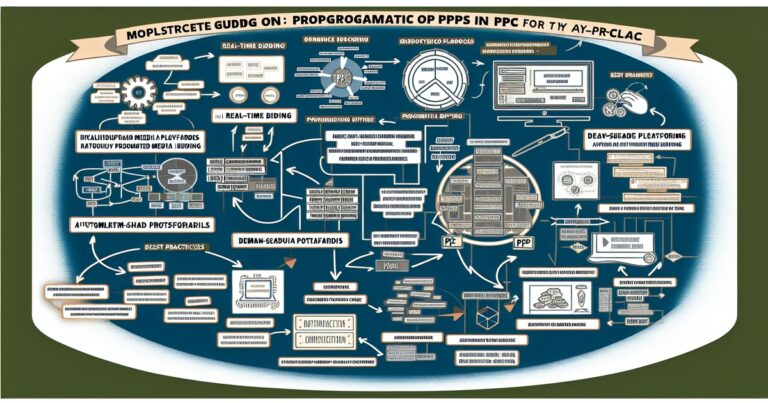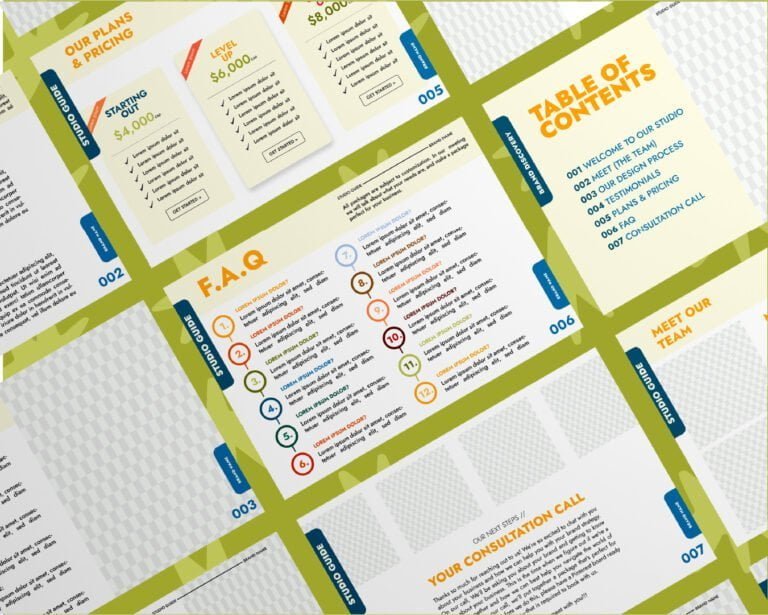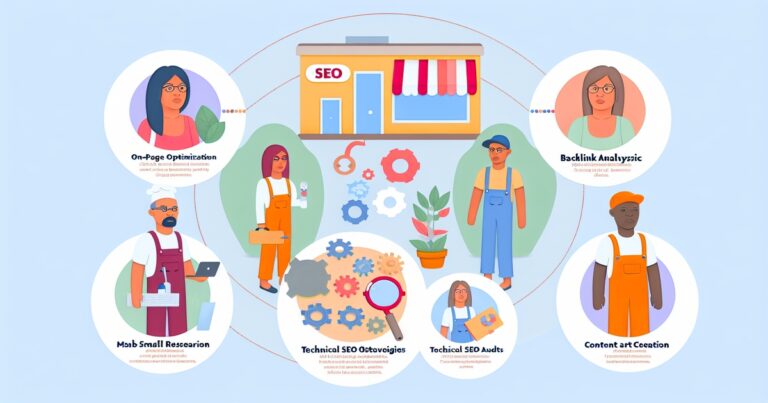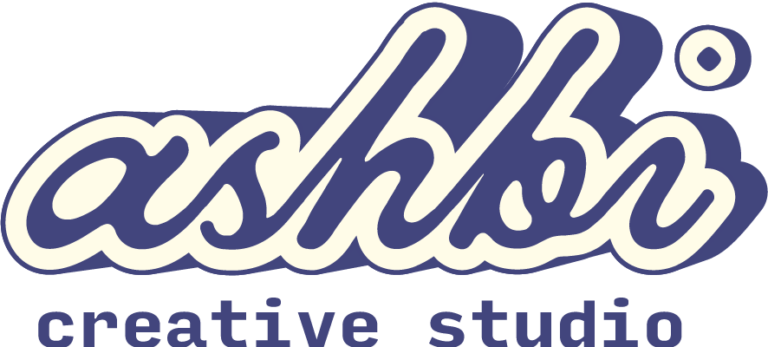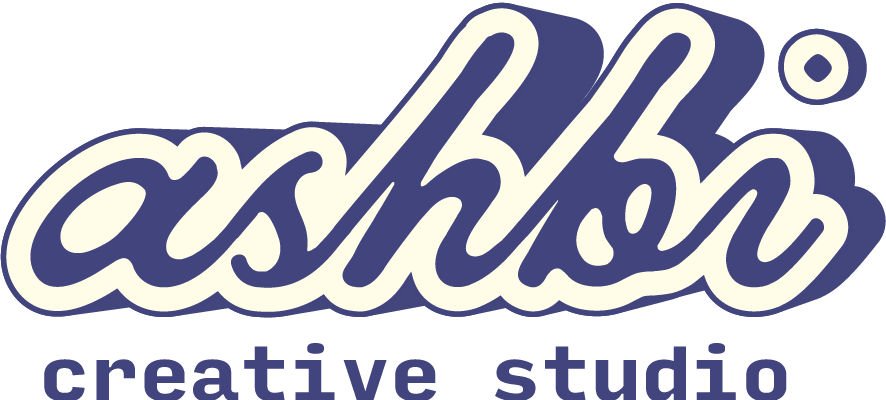As a branding designer, one of the most important decisions you’ll make is how to price your services. Pricing too low can make you seem inexperienced or undervalued while pricing too high can scare away potential clients. This guide will provide tips to help you price your next branding design project accurately and fairly.
Related: How to Build a Brand Online
Determine your pricing model.
Determining your pricing model is the first step in pricing your branding design project. Will you charge by the hour or by the project? Each has pros and cons, so choose the one that works best for you. Charging by the hour can be more accurate, but it can make clients feel nickeled and dimed. Setting the project can give clients a clear idea of what they’ll be paying upfront, but assessing going into the project can be difficult.
Here are some example price ranges for branding design projects based on industry averages and complexity levels:
Logo Design: $250 – $2,500
Brand Identity Design: $2,500 – $10,000
Brand Strategy Development: $5,000 – $20,000
Packaging Design: $3,500 – $15,000
Website Design: $5,000 – $25,000
Remember that these price ranges are just examples and may vary depending on your experience, expertise, and the specific needs of each project. It’s essential to do your research and determine a pricing model that works best for you and your clients. Don’t be afraid to adjust your prices to stay competitive and ensure you’re fairly compensated for your time and expertise.
Related: Frequently Asked Graphic Designer Questions
Estimating the time it will take for a task
Once you’ve determined your pricing model, make a detailed list of everything you’ll need to do for the project. Then, estimate the amount of time each task will take. Be sure to include time for revisions, client communication, and any other unforeseen circumstances. This will help you come up with an accurate estimate of how much time you’ll need to complete the project.
Related: How to Create a Brand Strategy
Consider your experience and expertise
When setting your prices, take into account your experience and expertise. If you’re starting as a branding designer, you may need to charge less than someone doing it for years. Look at your portfolio and skill level to determine where you should price yourself.
Related: Everything You Need To Know Before Hiring A Branding Agency
Research your competition
It’s important to know what other branding designers in your area charge for similar projects, and this will give you a good idea of the market rate and where you should price yourself. Please look at the websites and portfolios of other branding designers in your area to see what they’re charging.
Related: How Can Envato Help Graphic Designers? [FREE TRIAL]
Consider the value you’re providing
Remember that you’re not just creating a pretty logo when pricing your branding design project. You’re making a brand identity to help your client stand out and succeed. Take into account the value you’re providing when setting your prices. Charging more is reasonable if you can deliver a great product to help your client’s business grow.
Be transparent with your pricing
Make sure your client knows exactly what they’re getting for the price you’re charging. Provide a detailed breakdown of your services and pricing so they can make an informed decision. This will also help you avoid any confusion or miscommunication down the road.
Don’t be afraid to negotiate
If a client asks for a lower price than what you’ve quoted, be open to negotiation. Just ensure you’re still fairly compensated for your time and expertise. Consider offering a reduced scope of work or a longer timeline to meet their budget.
Have a contract
Finally, make sure you have a contract in place that outlines the scope of the project, the timeline, and the payment terms. This will protect you and your client and ensure everyone is on the same page.
Frequently Asked Questions
Q: Should I charge by the hour or by the project?
A: Both options have pros and cons, so it is up to you to determine which pricing model works best for you. Charging by the hour can be more accurate, but it can make clients feel nickel-and-dimed. Setting the project price can give clients a clear idea of what they will pay upfront, but estimating the time can be challenging. Consider your experience, the project’s complexity, and your client’s needs when deciding on a pricing model.
Q: How do I estimate how much time a project will take?
A: To estimate how much time a project will take, make a detailed list of everything you’ll need to do for the project. Then, estimate the amount of time each task will take. Be sure to include time for revisions, client communication, and any other unforeseen circumstances. This will help you come up with an accurate estimate of how much time you’ll need to complete the project.
Q: How can I decide what to price my services?
A: When calculating your fees, contemplate your proficiency, the service you render, and its value. Research other branding designers in your region who offer similar assignments to understand the market rate. Also, remember the project’s complexity, any requirements from a client, and how long it will take to complete. Don’t hesitate to bargain; however, ensure you’re fairly compensated for the time and skill used on this assignment.
Q: How do I handle clients who ask for a lower price than what I’ve quoted?
A: If a client asks for a lower price than what you’ve quoted, be open to negotiation. Consider offering a reduced scope of work or a longer timeline to meet their budget. Just ensure you’re still fairly compensated for your time and expertise.
Q: Do I need to have a contract in place?
A: Yes, it’s always a good idea to have a contract in place that outlines the scope of the project, the timeline, and the payment terms. This will protect you and your client and ensure everyone is on the same page.
Q: Should I offer different pricing packages to my clients?
Absolutely! You can accommodate customers with different financial means and requirements by offering various pricing options. For example, create a basic box containing a logo, business card design, and a premium package covering the entire brand identity plus extra features. To ensure your clients make an informed decision, clearly differentiate between each option’s contents so they know what they’re getting for their money.
Q: How can I ensure I’m not undercharging for my services?
A: Undercharging for your services can make you seem inexperienced or undervalued. To ensure you’re not undercharging, research what other branding designers in your area charge for similar projects. Consider the project’s complexity, the time it will take, and the value you’re providing. Don’t be afraid to charge what you’re worth!
Q: How can I ensure I’m not overcharging for my services?
A: Overcharging for your services can scare away potential clients. To ensure you’re not overcharging, research what other branding designers in your area charge for similar projects. Consider your experience and expertise and the value you’re providing. If you’re starting, you may need to charge less than someone doing it for years.
Q: How can I increase my pricing over time?
A: As you gain more experience and expertise, you can gradually increase your pricing. Ensure you consistently deliver high-quality work that provides value to your clients. Keep an eye on the market rate and adjust your prices accordingly. Don’t be afraid to charge what you’re worth!
Q: How can I communicate my pricing to my clients?
When you share your prices with clients, always be straightforward and transparent. Clear up any confusion by furnishing an exhaustive list of the services included in their package and the cost. Make sure to post this information on both your website and proposal documents. Don’t hesitate to answer questions or negotiate a rate; however, ensure you are adequately rewarded for investing time and knowledge into each project.


